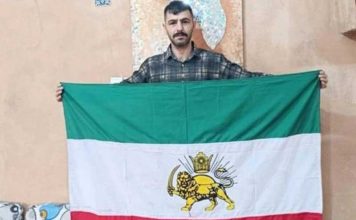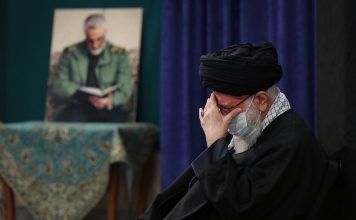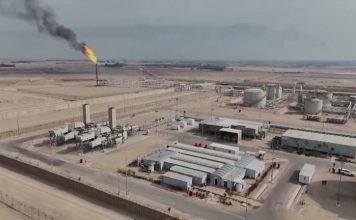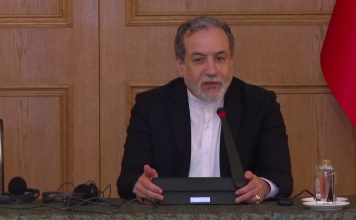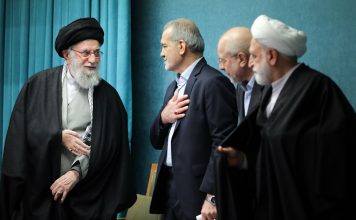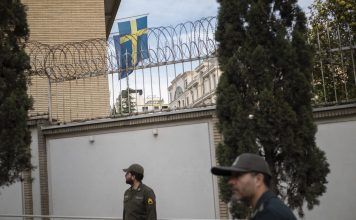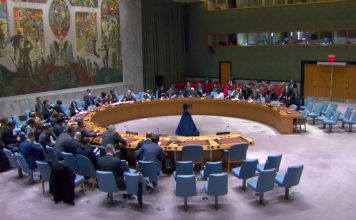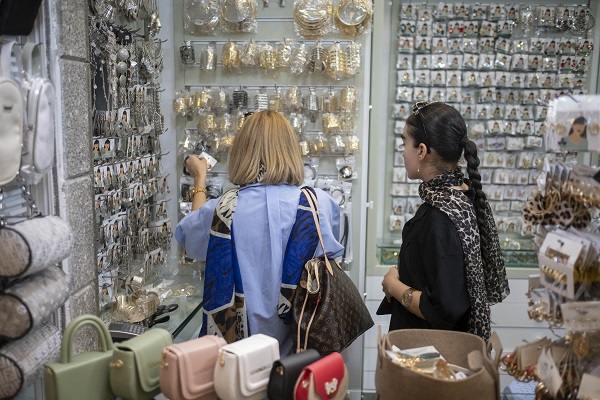
The killing of women and girls in Iran because of their gender has risen sharply in the Islamic Republic, according to the Norway-based Kurdish human rights organization Hengaw.
At least 50 cases of femicide were recorded in several Iranian cities during the first 100 days of 2024, with 10 of these cases, equivalent to 20 percent, classified as so-called honor killings, an April 9 press release by Hengaw said.
The reformist newspaper Etemad also reported that at least 85 femicide cases were recorded in Iran from 2022 to 2024. The majority of those accused of the murders were the victims’ husbands.
Suicide rates in Iran have also increased by 40 percent in the last decade, according to official government data published by Etemad. The figures show that women had higher suicide rates in Iran’s western provinces due to “family conflicts” and “gender discrimination.”
Islamic Republic Cracks Down On Women In Hejab Enforcement Operation
The Islamic Republic continues to rank among the bottom 10 countries on the World Economic Forum’s Global Gender Gap index. The latest report, released in June, ranked Iran 143rd out of 146 listed countries. It ranked ranked 116th for health and survival, 144th for women’s participation and economic opportunities, 102nd for access to education, and 143rd for political power.
Women’s rights in Iran have been severely restricted since the 1979 revolution, affecting their rights to vote, travel, work and protect themselves from intimate partner violence.
Aida Heydarian, 31, the latest known victim of femicide in Iran, was stabbed to death on July 17 by her husband Aram Zarei, in the city of Sanandaj, according to a July 19 report by the Geneva-registered Kurdish Hana Human Rights Organization. The husband was alleged to have had a history of domestic violence and attempted suicide shortly after Heydarian’s death. Zarei, who survived the suicide attempt, was taken to a medical center in Sanandaj, where he remains.
Samira Kashian, a 25-year-old mother of two young children, was also stabbed to death by her husband on July 11, according to Hana. The motives for both of these attacks are not known.
“Femicide occurs due to unequal power relations between men and women and the dominance of a patriarchal system. In a society governed by a patriarchal culture, men hold more power and dominate women. In such a society, women are demeaned and possess less value, importance, and rights,” Hana said in a July 12 statement about Kashian’s murder.
An alarming 2022 report by Hengaw also found a 100 percent rise in teenage suicides in Iran, with 21 boys and nine girls younger than 18 years dying by suicide from March to July of that year.
Two teenage sisters, Elena,13, and Elisa, 14, were reported to have died by suicide on July 20, according to local media reports. The sisters are believed to have jumped from the 19th floor of the Beheshti (Firoze Palace) tower in Tehran, where they lived with their mother. According to an ongoing police investigation the girls left the house the previous night, made their way to the roof and did not answer their phones during that time. Their bodies were discovered in the early hours of the morning.
Iranian Female Labor Activist Faces Death Sentence; Human Rights Group Protests
The Iranian government’s ongoing repression of women and girls led the United Nations in September to call the country’s restrictive policies and laws a form of gender apartheid. Global outrage at Mahsa Amini’s death while in police custody in 2022 and the brutal crackdowns on anti government protesters which followed resulted in Iran being removed in December from the Commission on the Status of Women, the UN’s top women’s rights body.
The UN has grown increasingly concerned about gender inequality in Iran in recent years. Following the Iranian government’s announcement in 2023 of a crackdown on violators of the compulsory hijab, the UN described the enforcement of the legislation as “gender-based persecution.”



